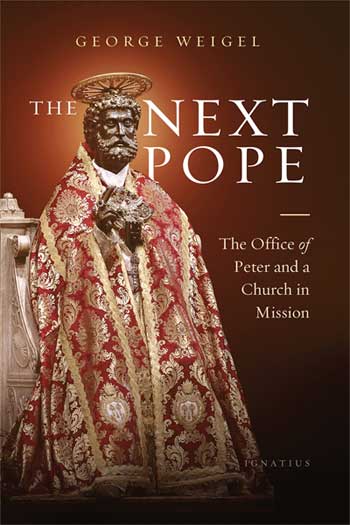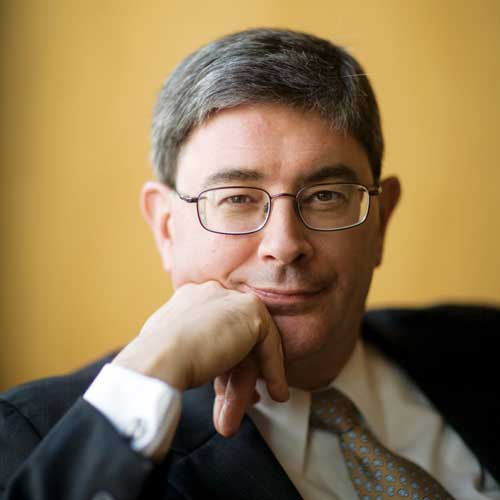Media
George Weigel’s The Next Pope
Synopsis:
The Catholic Church is on the verge of a transition of great consequence. As Catholic theologian, historian, and papal biographer George Weigel notes, the next pope will probably have been a teenager or a very young man during the Second Vatican Council (1962‒1965); he may even have been a child during those years. Thus, the next pope will not have been shaped by the experience of the Council and the immediate debates over its meaning and reception like Pope John Paul II, Pope Benedict XVI, and Pope Francis. The next pope, Weigel writes, “will be a transitional figure in a different way than his immediate predecessors. So it seems appropriate to ponder now what the Church has learned during the pontificates of these three conciliar popes—and to suggest what the next pope might take from that learning.”
Drawing on his personal discussions with John Paul II, Benedict XVI, and Francis, as well as his decades of experience with Catholics from every continent, George Weigel examines the major challenges confronting the Catholic Church and its 1.3 billion believers in the twenty-first century: challenges the next pontificate must address as the Church enters new, uncharted territory. To what is the Holy Spirit calling this Church-in-transition? What are the qualities needed in the man who will lead the Church from the Chair of Saint Peter?
Taking lessons from the pontificates of John Paul II, Benedict XVI, and Francis, George Weigel proposes what the Catholic leaders of the future, especially the next pope, must do to remain faithful to the Holy Spirit’s summons to renewed evangelical witness, intensified missionary fervor, and Christ- centered reform in the wake of grave institutional failures, mission confusion, counter-witness, and the secularist challenge to biblical faith.
Other Notable Quotes from The Next Pope:
“The Church of the twenty-first century and the third millennium will be a Christ-centered Church, born of the Gospel in full, or it will not be. Those who would lead the Church must understand that. The leaders of the Church must not be frightened by the fact that ours are not Christendom times, but apostolic times.”
“The next pope must work to strengthen the unity of the Church at a moment when the unity is threatened by centrifugal forces in the ambient public culture of the West and within the Church itself.”
“The world of the twenty-first century badly needs the Church’s voice in defense of the dignity of the human person and the implications of that dignity for the proper ordering of political and economic life.”
“The Church that has embraced the Gospel, offering men and women the great gift of friendship with the Lord Jesus Christ, incorporating those friends into the communion of his disciples, and sacramentally empowering those disciples to offer the gift they have received to others—that Catholicism is alive, even under challenging cultural and political circumstances. And that Catholicism is making important contributions to society, culture, and public life. The Church that has lost confidence in the Gospel, the Church that no longer proclaims the
Gospel as the saving truth and divine mercy for everyone . . . that Catholicism is dying. . . . And that Catholicism is quite marginal to society, culture, and public life.”

Author Bio:
George Weigel is a Distinguished Senior Fellow of Washington’s Ethics and Public Policy Center. His numerous books include his John Paul II Trilogy (Witness to Hope, The End and the Beginning, Lessons in Hope), The Next Pope, To Sanctify the World: The Vital Legacy of Vatican II, The Irony of Modern Catholic History, The Fragility of Order, and Not Forgotten.

Interviews
To schedule an interview with George Weigel, please contact:
Kevin Wandra
kwandra [at] carmelcommunications.com
